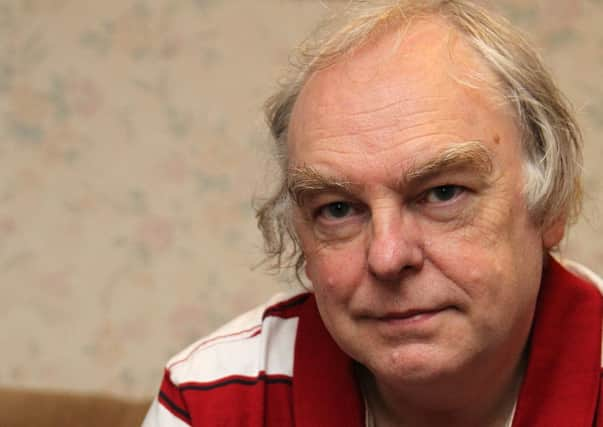Ian’s role in Nobel Prize theory winner


Ian Hinchliffe has spent more than 15 years working on proving a theory proposed by scientists who last week won the Nobel Prize for Physics.
Mr Hinchliffe works for several weeks a year at the European nuclear research facility, Cern, in Geneva, where the Large Hadron Collider (LHC) is based. And the 61-year-old has spent the last few years analysing data which led to the discovery of the Higgs boson, or ‘God particle’ – the mechanism which explains why the most basic building blocks of the Universe have mass.
Advertisement
Hide AdAdvertisement
Hide AdThe theory was first proposed in 1964 – the same year Mr Hinchliffe started at Wheelwright Grammar School. He then went to Oxford and studied for a PhD. He explained that he wasn’t always convinced by the theory. “I was an agnostic,” he said. “It was elegant, but lots of elegant theories turn out to be true.”
Mr Hinchliffe moved to America in 1977 and has worked in the US Department of Energy’s Lawrence Berkeley laboratory in California. The team there constructed a highly complex detector which was fitted inside the LHC, a 17 mile long circular tunnel used to re-create the conditions just after the Big Bang.
In summer last year, scientist announced they had seen a level of certainty in their data worthy of the ‘discovery’ of the Higgs boson. Proper tests inside the LHC only really began in 2010. “I was surprised we got there so quickly,” Mr Hinchliffe, who was born in Thornhill Lees and grew up in Ravensthorpe, said. “The machine performed much better than we thought. It’s a very complex environment – you expect there’s going to be more problems.
The Nobel Prize for Physics, which cannot be given to more than three people, was awarded to Peter Higgs and Francois Englert last week. Mr Hinchliffe said around 2000 people worked on the experiment. “You ask yourself ‘If I hadn’t been on the experiment, would this still have happened?’ and the answer is probably yes.”
Advertisement
Hide AdAdvertisement
Hide Ad“But it is the enterprise of everybody working together,” Mr Hincliffe added. Mr Hinchliffe’s mother, June Hinchliffe, said: “It’s absolutely wonderful. But with the way his career has gone, I’m not surprised.”